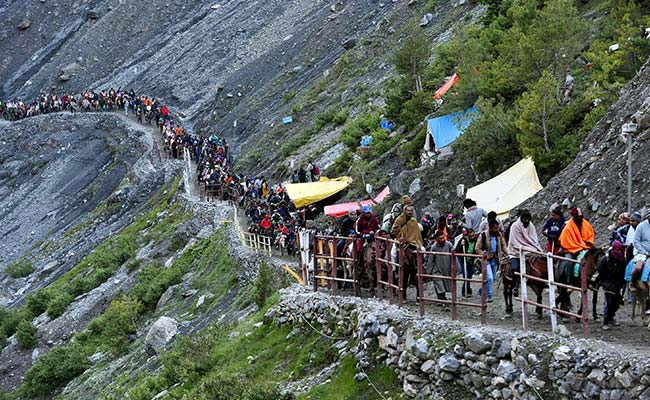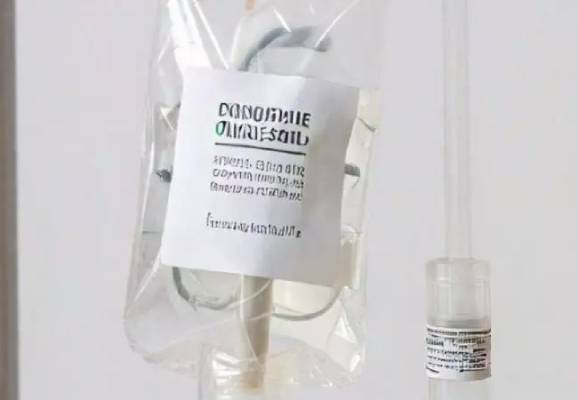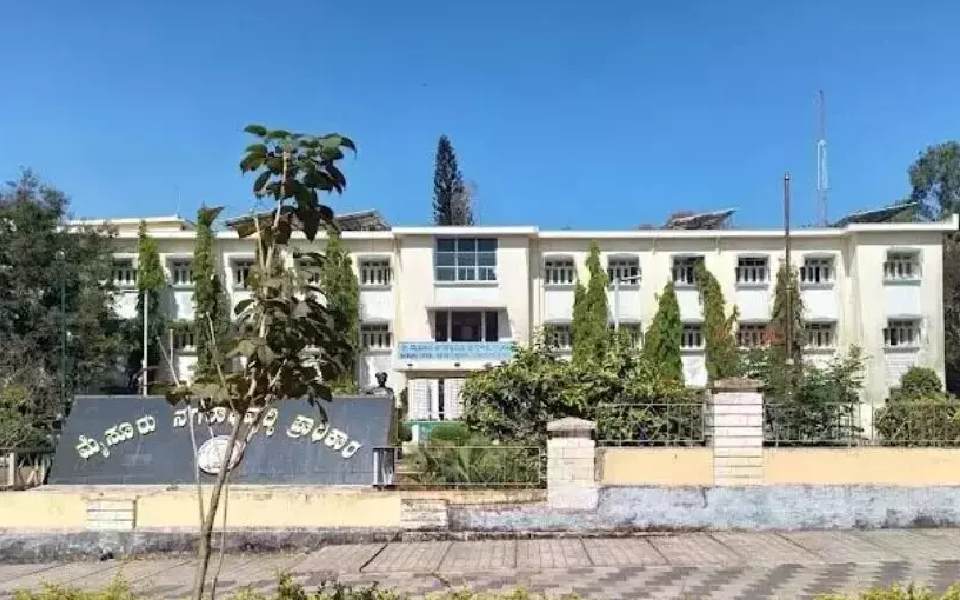Jammu (PTI): A fresh batch of over 7,000 pilgrims left Jammu city early Saturday for the twin base camps in the Valley to join the annual Amarnath pilgrimage, officials said.
The 62-day annual pilgrimage to the 3,880-metre-high holy cave shrine of Amarnath in the south Kashmir Himalayas commenced from the twin tracks -- the traditional 48-km Nunwan-Pahalgam route in Anantnag and the shorter 14-km Baltal route in the Ganderbal -- on July 1.
The officials said the 13th batch of 7,392 pilgrims left the Bhagwati Nagar base camp in a convoy of 272 vehicles amid tight security.
While 4,024 pilgrims left for Pahalgam in a convoy of 146 vehicles, 3,368 devotees left for Baltal in 126 vehicles around 4 am, they said.
With this, a total of 80,181 pilgrims have left the Jammu base camp for the Valley since June 30.
Pilgrims from across the country undertake the Amarnath Yatra to pay obeisance at the holy cave shrine that houses a naturally formed ice shivlingam.
At 24,445, the highest number of pilgrims offered prayers at the shrine on Friday. So far, over 1.90 lakh devotees have undertaken the yatra.
This number is likely to cross the 2-lakh mark by this evening, the officials said.
The pilgrims are being provided all the facilities by the departments concerned round the clock, they said.
Let the Truth be known. If you read VB and like VB, please be a VB Supporter and Help us deliver the Truth to one and all.
Bengaluru: The Karnataka Government has sought clarification from the Central drugs standard control organisation following reports linking the serial deaths of pregnant women at Ballari District Hospital to unsafe IV Ringer's Lactate solution. Health Department Principal Secretary Harsha Gupta has written a letter to the Drugs Controller General of India, Rajeev Singh Raghuvanshi.
Recent Investigations revealed bacterial and fungal contaminants in the IV solution given to the women. Out of 192 batches supplied by a West Bengal-based pharmaceutical company, 22 were found substandard by the state drug control department, leading to the suspension of the medicine's use.
However, these batches had passed quality tests at the Central Drug Lab, creating a regulatory conflict.
The Health Department emphasized adherence to tender rules, stating that the Central Drug Lab's approval is legally binding. Samples from the problematic batches have been sent for re-testing at the central lab in West Bengal, with results expected on December 9.
As a precautionary measure, the state has blacklisted the implicated batches and issued directives to halt their use in all hospitals.





